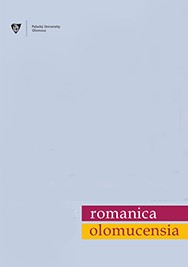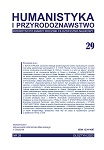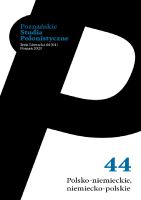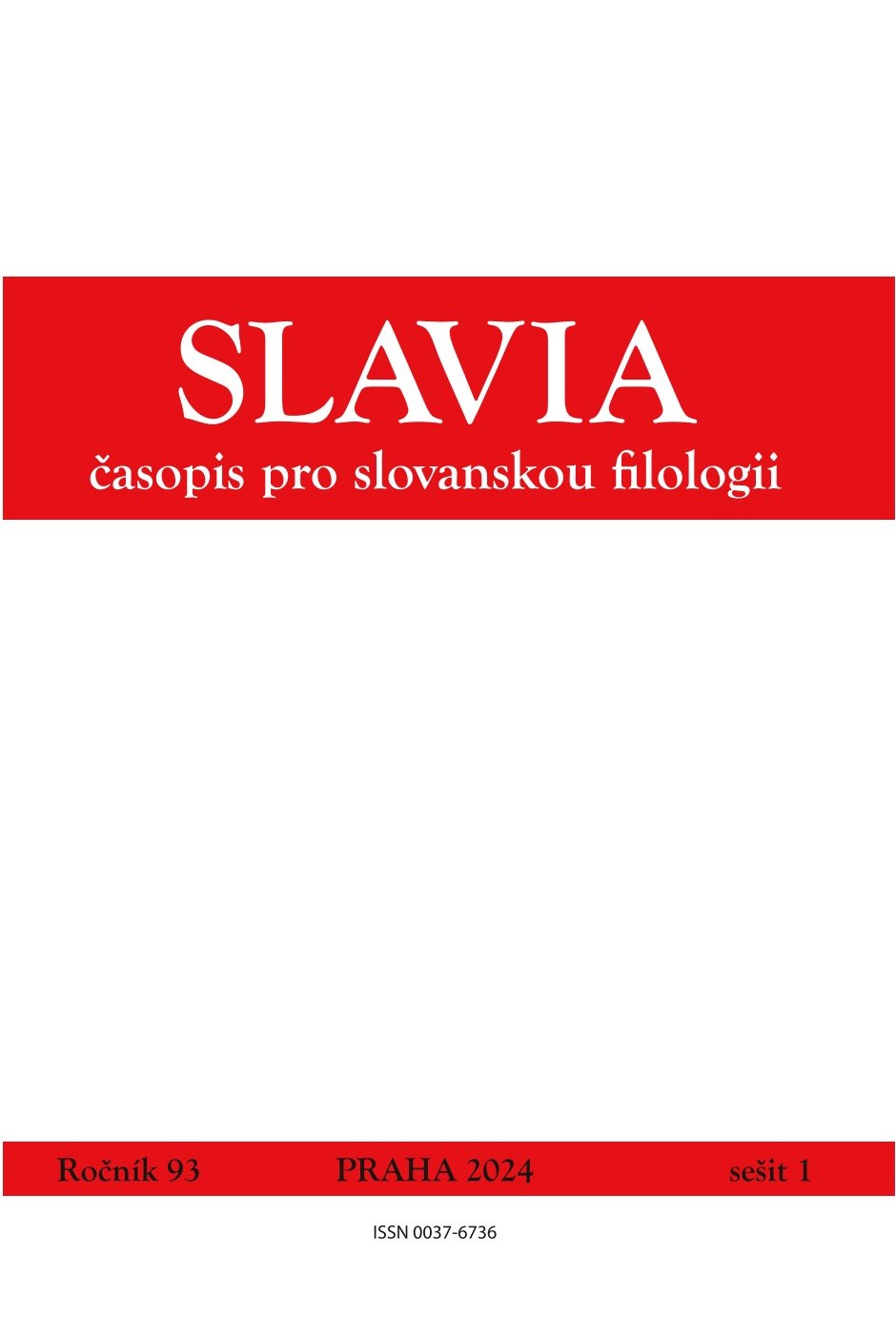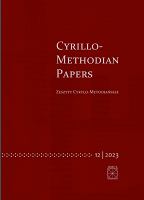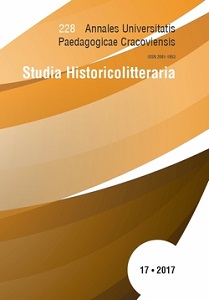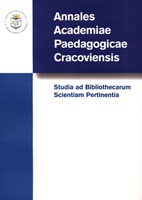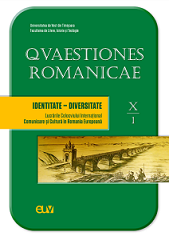
O identitate latină în viziunea lui Rogerius din Apulia și Toma din Split
The paper explores the significance of the term Latinus in two important medieval literary works (Epistola in miserabile carmen super destructione regni Hungariae and Historia Salonitanorum atque Spalatinorum pontificum), written at the end of the 13th century by two important prelates of the Hungarian Kingdom. United by their common (Italic) origin, their university education, their close links with papal Rome and their collaboration at the head of the Archdiocese of Split in the latter part of their lives, Rogerius of Apulia and Thomas of Split share a common vision of their contemporary political reality, which leads them to identify themselves as ‘Latins’ and to show solidarity, whenever they have the opportunity, with other Romanic elements that appear sporadically in their writings. Thanks to a more accurate reading of this element of identity (avoided by the national historiographies of the 19th and 20th Centuries), we can detect behind the literary construction of their works a political vision in which the ‘Latin’ ethno-cultural group of the kingdom appears as a force capable of counteracting both a monarchy with proto-national accents and the influence of the Romano-German Empire, in an attempt to protect its own identity and interests.
More...
